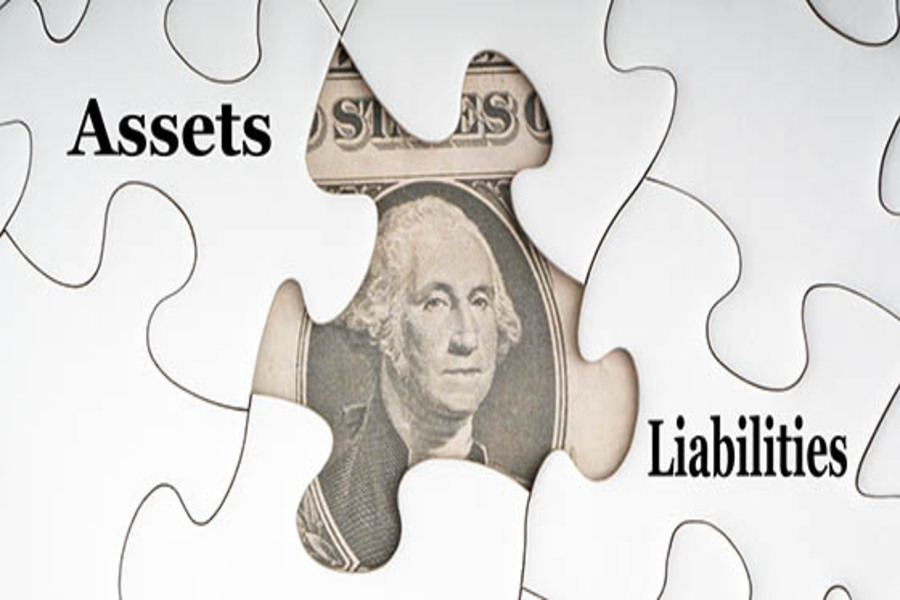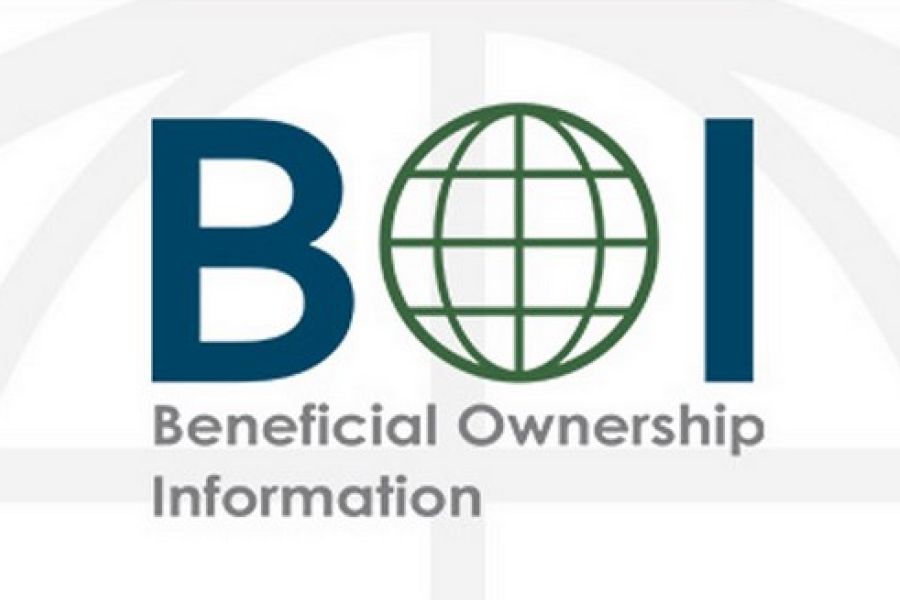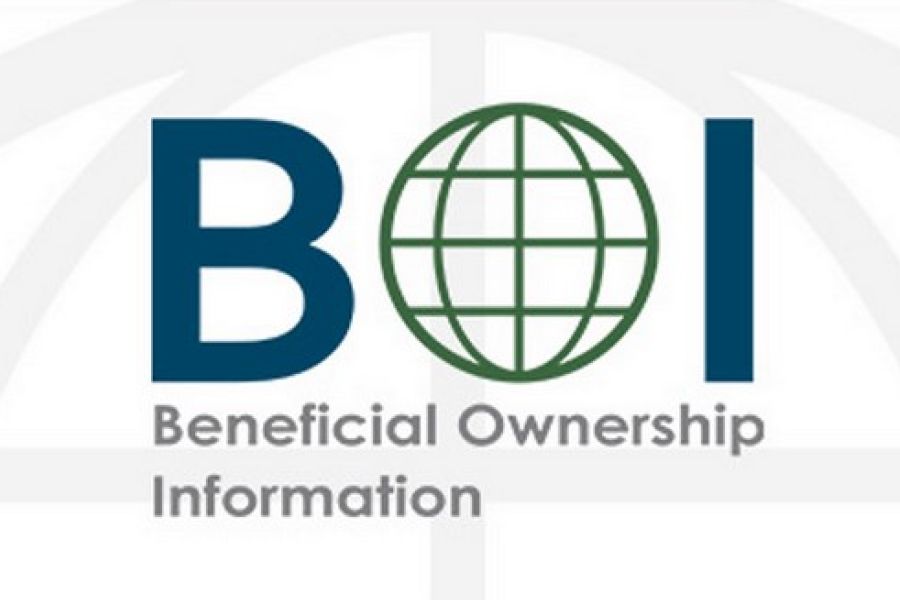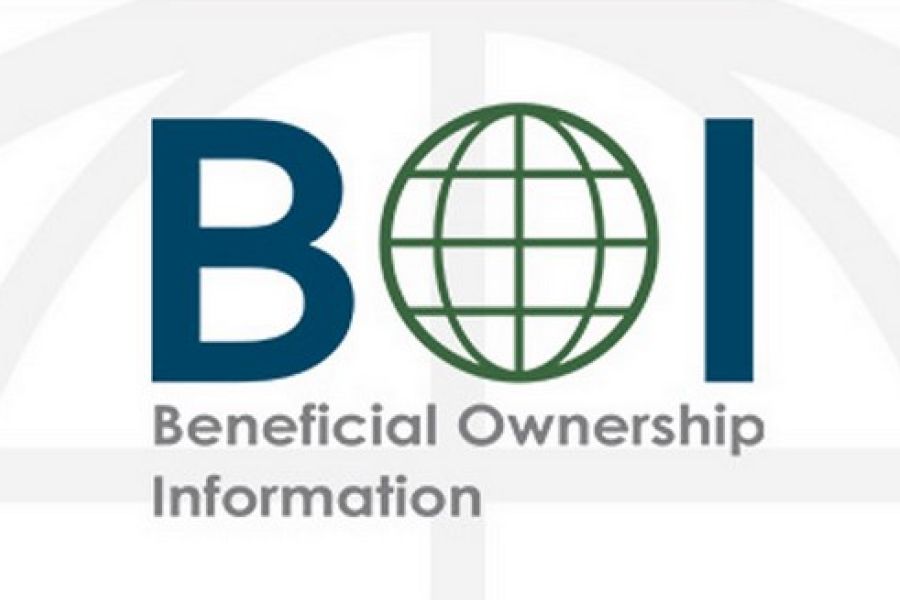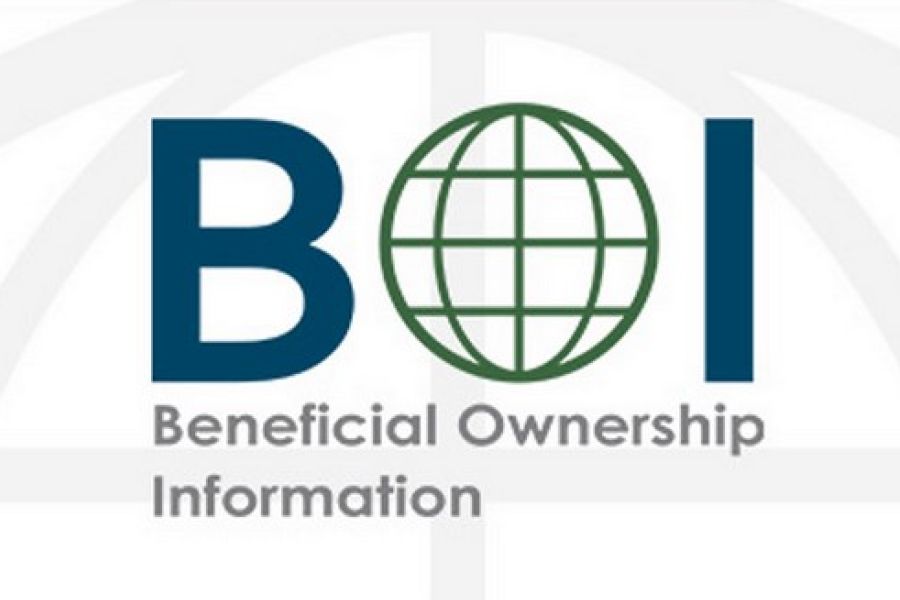Inflation can have a significant impact on federal tax breaks. While recent inflation has come down since its peak in 2022, some tax amounts will still increase for 2025. The IRS recently announced next year’s inflation-adjusted amounts for several provisions. Here are the highlights. Standard deduction. What does an increased standard deduction mean for you? A larger standard deduction will shelter more income from federal income tax next year. For 2025, the standard deduction will increase to $15,000 for single taxpayers, $30,000 for married couples filing jointly and $22,500 for heads of household. This is up from the 2024 amounts of $14,600 for single taxpayers, $29,200 for married couples filing jointly and $21,900 for heads of household. The highest tax rate. For 2025, the highest tax rate of...

There are three commonly accepted techniques for valuing a closely held business: the cost (or asset-based) approach, the market approach and the income approach. Valuation professionals routinely consider all three approaches before deciding which is most appropriate for the circumstances or choosing to use a blend of approaches. Some people mistakenly assume that the cost approach will always undervalue a business or business interest. While the preliminary value under this approach sometimes serves as a “floor” for a company’s value, that’s not always the case. Here’s a closer look at how the cost approach works and when it might be an appropriate valuation method. Understanding book value The cost approach starts with the company’s balance sheet. However, it’s important to recognize that the amounts reported on the balance...
The Inflation Reduction Act (IRA), enacted in 2022, created several tax credits aimed at promoting clean energy. You may want to take advantage of them before it’s too late. On the campaign trail, President-Elect Donald Trump pledged to “terminate” the law and “rescind all unspent funds.” Rescinding all or part of the law would require action from Congress and is possible when Republicans take control of both chambers in January. The credits weren’t scheduled to expire for many years, but they may be repealed in 2025 with the changes in Washington. If you’ve been thinking about making any of the following eligible purchases, you may want to do it before December 31. Home energy efficiency improvements Homeowners can benefit from several tax credits for making energy-efficient upgrades to their homes....
If you own a growing, unincorporated small business, you may be concerned about high self-employment (SE) tax bills. The SE tax is how Social Security and Medicare taxes are collected from self-employed individuals like you. SE tax basics The maximum 15.3% SE tax rate hits the first $168,600 of your 2024 net SE income. The 15.3% rate is comprised of the 12.4% rate for the Social Security tax component plus the 2.9% rate for the Medicare tax component. For 2025, the maximum 15.3% SE tax rate will hit the first $176,100 of your net SE income. Above those thresholds, the SE tax’s 12.4% Social Security tax component goes away, but the 2.9% Medicare tax component continues for all income. How high can your SE tax bill go? Maybe a...
Job applicants must work hard to stand out in a crowded marketplace. For some, that means bending the truth — or outright lying — about their experience, skills and education. According to a survey performed by resumé-writing service StandOut CV, a staggering 64.2% of Americans have lied on their resumé at least once. Bad hires can generate direct and indirect costs, including lost productivity, customer dissatisfaction and wasted training time. In extreme circumstances, news of a bad hire can result in reputational damage. To make matters worse, if a dishonest new hire objects to being fired (or a candidate doesn’t get the job), the person could sue, leading to expensive legal bills. You can help protect against such losses by spotting dishonest resumés early in the...
In a surprising turn of events, the Fifth Circuit Court of Appeals has reinstated a nationwide injunction that halts the enforcement of beneficial ownership information (BOI) reporting requirements. This decision, made on Thursday, reverses an earlier order from the same court issued just days prior. The court's latest action aims "to preserve the constitutional status quo while the merits panel considers the parties' weighty substantive arguments," according to the court's order. This refers to the panel of judges who will ultimately decide the appeal regarding the Corporate Transparency Act (CTA). The CTA, enforced by the Financial Crimes Enforcement Network (FinCEN), mandates that reporting companies disclose detailed information about their beneficial owners. This legal back-and-forth began with a Texas federal district court's injunction on December 3, 2024, in the...
Following a significant federal Court of Appeals decision on December 23, 2024, the Financial Crimes Enforcement Network (FinCEN) has once again mandated that reporting companies file Beneficial Ownership Information (BOI). However, recognizing the confusion and delay caused by a recent preliminary injunction, FinCEN has graciously extended the deadline for compliance. . Here's how it breaks down: . Companies Created or Registered Before January 1, 2024: You now have until January 13, 2025 to file your initial beneficial ownership information reports. This is an extension from the original January 1, 2025 deadline. . Companies Created or Registered Between September 4, 2024, and December 23, 2024: If your filing deadline fell between December 3, 2024, and December 23, 2024, you've been granted an extension to January 13, 2025. . Companies Created...
In a significant legal development, a U.S. Appeals Court has lifted a temporary block on the enforcement of a key anti-money laundering law, known as the Beneficial Ownership Information (BOI) reporting requirement. This decision ensures that the January 1, 2025, deadline for reporting will proceed as planned. . On Monday, a three-judge panel from the 5th U.S. Circuit Court of Appeals in New Orleans overturned a nationwide injunction set by U.S. District Judge Amos Mazzant in Sherman, Texas. The injunction, issued on December 3, 2024, had halted the enforcement of the Corporate Transparency Act (CTA), following a legal challenge by the National Federation of Independent Business (NFIB) and several small businesses. They argued that the CTA was unconstitutional, but the appeals court disagreed. . The panel, consisting of Judges...
Good news for small businesses: The deadline for filing Beneficial Ownership Information (BOI) reports might be extended by a year. The House of Representatives has proposed a continuing resolution that includes this extension, pushing the deadline from January 1, 2025, to January 1, 2026, for companies formed or registered before January 1, 2024. . This 1,500-page funding bill, aimed at preventing a government shutdown by extending funding through to March 14, 2025, is up for a vote soon. Section 122 of the document specifically addresses this extension, amending the existing law to reflect the new deadline. . AICPA's Role in Advocacy . Melanie Lauridsen, Vice President of Tax Policy & Advocacy at the AICPA, celebrated this move in a LinkedIn post, noting it as a long-fought victory. The AICPA, along with...
The landscape of compliance with the Beneficial Ownership Information (BOI) Reporting requirement under the Corporate Transparency Act (CTA) has changed dramatically following a recent federal court decision. Here’s what businesses need to know about the current status and next steps. . Background on the Corporate Transparency Act The CTA mandates that certain businesses report detailed information about their beneficial owners, officers, and control persons to the Financial Crimes Enforcement Network (FinCEN). This law, aimed at curbing money laundering, terrorist financing, and tax evasion, was set to see its first major compliance deadline on January 1, 2025. However, the path to enforcement has hit significant roadblocks. . Legal challenges have been mounting, with multiple lawsuits questioning the constitutionality of the CTA. A pivotal moment came when the U.S. District Court for...
- 1
- 2
- 3
- 4
- 5
- 6
- 7
- 8
- 9
- 10
- 11
- 12
- 13
- 14
- 15
- 16
- 17
- 18
- 19
- 20
- 21
- 22
- 23
- 24
- 25
- 26
- 27
- 28
- 29
- 30
- 31
- 32
- 33
- 34
- 35
- 36
- 37
- 38
- 39
- 40
- 41
- 42
- 43
- 44
- 45
- 46
- 47
- 48
- 49
- 50
- 51
- 52
- 53
- 54
- 55
- 56
- 57
- 58
- 59
- 60
- 61
- 62
- 63
- 64
- 65
- 66
- 67
- 68
- 69
- 70
- 71
- 72
- 73
- 74
- 75
- 76
- 77
- 78
- 79
- 80
- 81
- 82
- 83
- 84
- 85
- 86
- 87
- 88
- 89
- 90
- 91
- 92
- 93
- 94
- 95
- 96
- 97
- 98
- 99
- 100
- 101
- 102
- 103
- 104
- 105
- 106
- 107
- 108
- 109
- 110
- 111
- 112
- 113
- 114
- 115
- 116
- 117
- 118
- 119
- 120
- 121
- 122
- 123
- 124
- 125
- 126
- 127
- 128
- 129
- 130
- 131
- 132
- 133
- 134
- 135
- 136
- 137
- 138
- 139
- 140
- 141
- 142
- 143
- 144
- 145
- 146
- 147
- 148
- 149
- 150



